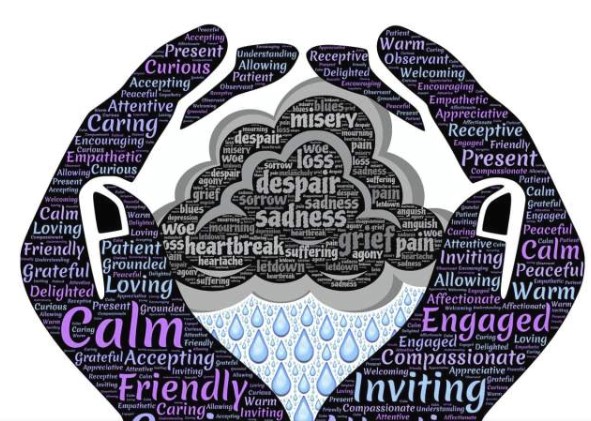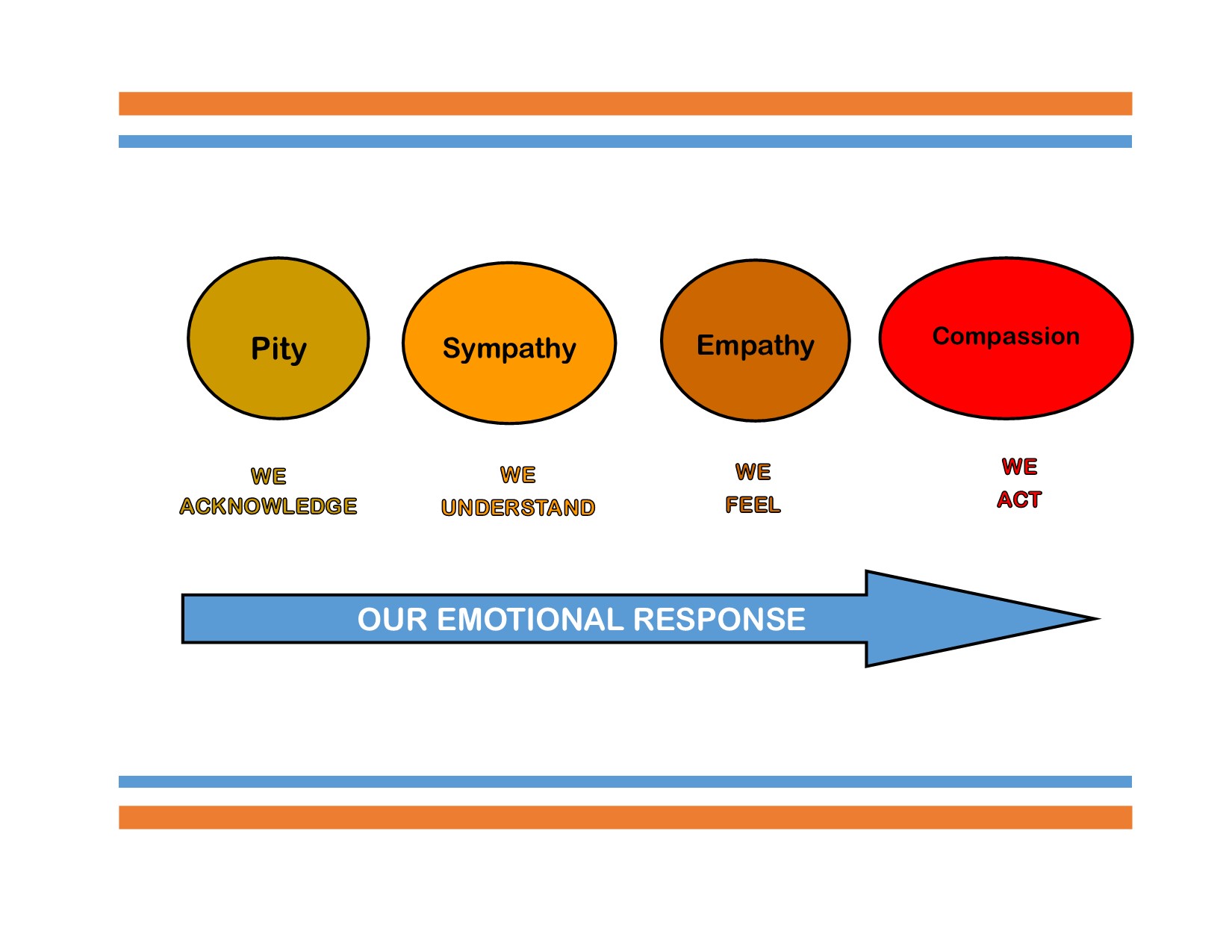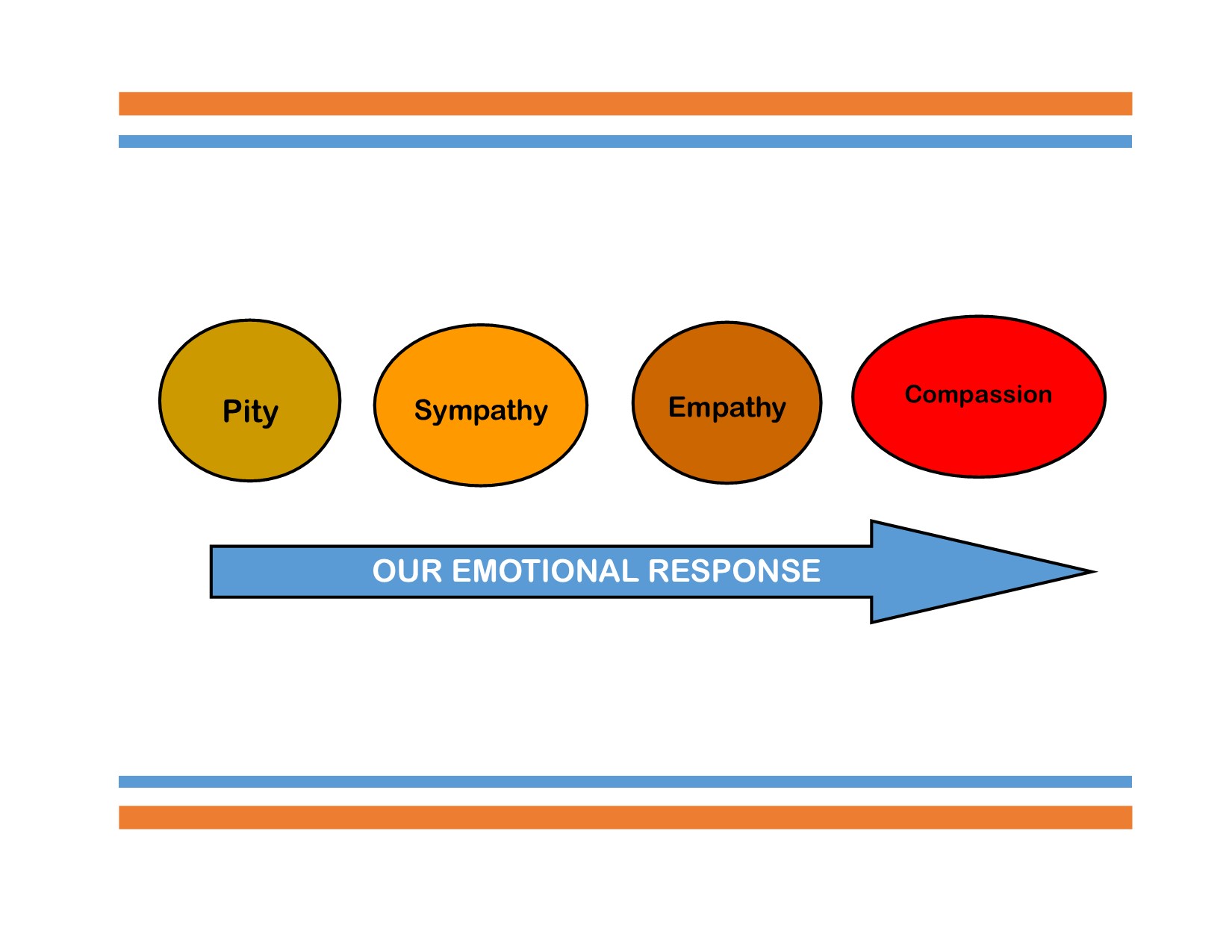A better new year
As we previously shared, new year’s resolutions are not the best way to create change in our life. Strength of character and self-will, often fall short in taking us where we really want to be. We determined that “the best way” to introduce real change in our lives is through our relationship with Jesus Christ. We must put on our “new man”. In Christ we have a new identity.
Embrace our identity in Christ
When I began my Christian walk, the meaning of “in Christ” was a mystery to me. I tried to understand it based on those things I was familiar with. For example, I established membership in the local church. I was in fellowship with its members to serve and glorify God in my life. But “in Christ”, what did it mean?
In Christ is the present experience of the risen Christ indwelling the believer’s heart. Through the Holy Spirit we take on the personality of Christ. It is more than an imitation of the life and teaching of Jesus. It describes the believer’s union with Christ as a result of the divine action of grace by God. The result of that action is the believer is transformed into a “new man.” (2 Corinthians 5:17).
Renewed in knowledge
Knowledge is defined as general awareness or familiarity gained by experience of a fact or situation.
However, in Colossians 3:10 knowledge means “precise and correct knowledge”. It is used in the New Testament of the knowledge of things ethical and divine. It is this type of knowledge that is needed today to navigate the challenges of our times.
Paul tells the church at Colosse to “put on the new man” who is renewed in knowledge according to the image of Him who created him. “New man” and “old man” were terms introduced by Paul to contrast the believer’s new versus old behaviors and lifestyle (Romans 6:6; Ephesians 2:15; 4:22-24; Colossians 3:9-11).
So why did Paul tell the church to put on the new man? Because the new man has access to the “precise and correct” knowledge needed for righteous living (living in right relations with God and with mankind). This knowledge is provided through the Holy Spirit living within the new man (John 16:13). This is where transformation takes place.
In addition, this new man’s knowledge is further strengthened as a result of being created in the image of God. In Christ we possess God’s divine nature—His DNA. DNA (deoxyribonucleic acid) is a self-replicating material present in nearly all living organisms. It is the unique string of characteristics that make us who we are—physically and mentally. In Christ, we have been given a new spiritual DNA that equips us for the purpose and plan God has created for our lives.
True Knowledge
In Christ, we not only have renewed knowledge but also “true” knowledge. Paul describes this in 2 Peter 1:2-4.
Grace and peace be multiplied to you in the knowledge of God and of Jesus our Lord, as His divine power has given to us all things that pertain to life and godliness, through the knowledge of Him who called us by glory and virtue, by which have been given to us exceedingly great and precious promises, that through these you may be partakers of the divine nature, having escaped the corruption that is in the world through lust.
Knowledge (of God) protects us against error and deception, regardless of its source. It helps us discern and use God’s truth to guide our life. True knowledge sharpens our spiritual eyes to see not only potential dangers but also the possibilities that God has in store for us.
Promise of a better year
If we want a better new year, we must be intentional. Our aim should not be wasted on things that never work. Our focus must continue to be on the Person who has the authority and power to “make all things work together for our good.” (Romans 8:28). That person is Almighty God (Psalm 97:1-2).
Our divine truth is this. Being in Christ and knowledge of God will provide us with everything we need to be successful not only this new year, but also all the way to glory. Let us diligently seek the Lord more this year than last. This is the best way to a better new year.













